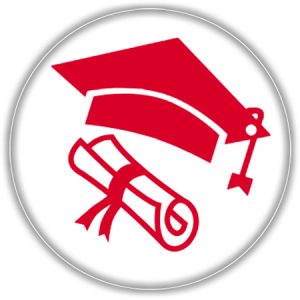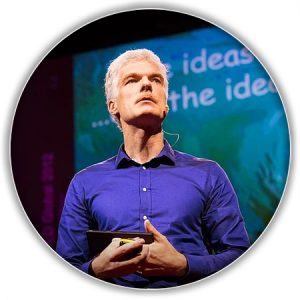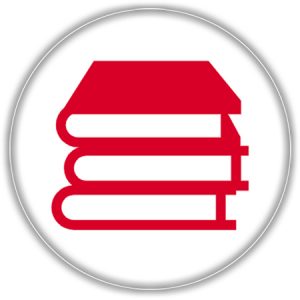
In most democracies where parties fight over what is the essence of their nation, education becomes an intense battlefield. Turkey, which is witnessing huge internal tumult has also seen the same situation play out.
In February 2012, Turkish President Recep Tayyip Erdogan introduced wide-ranging reforms to the education system in the country. He was criticized for not having proper consultations with the relevant authorities and the people. But it was what he said while announcing the reforms that is of paramount importance.
In a now famous pronouncement, he talked about his government being committed to “raising pious generations.” In simple language, this meant making religion and religion-based teaching integrated into the syllabus of students while lessening the focus on secularist teachings.
This has led to major concern among both outsiders who saw Turkey as a shining example of a Muslim country following secular and western-oriented traditions while moderates within the country were worried about fundamentalist philosophy being integrated into the teachings.
This battle is being raged at a time when the Turkish education system has been shown to be not up to the mark as far as the requirements of the modern world are concerned.
So, what you have presently is a double jeopardy for the Turkish education system. On the one hand, it is not performing well enough while on the other, is embroiled in a huge ideological battle.
1. Quality Of Turkish Education

How bad the current state of Turkish education is was revealed by the results of the Program for International Student Assessment (PISA) education test that is conducted across various countries.
In 2016, when the test was conducted in Turkey, the country emerged as the 49th ranked nation among a total of 72 countries. It had previously been ranked 44th.
This test is conducted on 15-year old students and assesses their abilities in mathematics, science and reading.
As far as the math-related abilities of the students was concerned, Turkish pupils came 49th.
In science, they were ranked 52nd and in reading, they were at the 50th spot. This was a significant decline in Turkey’s performance since the last PISA test in 2012.
2. Causes For Decline In Quality

In an interview given to the Turkish daily Habertürk, PISA director Andreas Schleicher said that the problems with Turkey’s educational system revolve around the fact that memorizing is given more importance than creative thinking.
He also emphasized the point that while the world is moving on and realizing that new and more innovative concepts of education need to be brought in, Turkey is sticking to the old model which is now outdated.
Schleicher cited mathematics as an example of this phenomenon.
He pointed out that in the mathematics textbooks of Turkey, too much space is given to geometry and algebra whereas in the emerging world, topics like probability, risk and accuracy would play a key role. So, there is an immediate need for transforming the present syllabus.
What is also required for education in the country to become better is the improvement in the quality of teachers.
Schleicher tagged this issue also in his interview and drew an interesting comparison with Shanghai, one of the best performing cities in these surveys.
“More opportunities for development should be given to teachers. They should perform more observations of their colleagues and should work with them more closely. For example, teachers in Shanghai, who received the best scores in the PISA test, actually teach much less than Turkish teachers. They spend more of their time learning and mastering new educational techniques. Good teachers are also researchers; they do not just teach what is provided in course books. So, the government should make the occupation of teacher more attractive in both financial and intellectual terms,” the PISA chief added.
3. Social Causes For Quality Of Education

Turkey has a strange socio-economic dynamic when it comes to education. The schooling system is dominated by public schools run by the government. Alongside these, there are private schools as well.
The public schools provide education at very low prices. In this scenario, it would be expected that the well-off sections of the society would send their children to elite private institutions but on the contrary, they too prefer to send their children to the government-run schools.
This lack of support from the private sector and the overdependence on government has been one of the causes of lack of advancement in the education sector.
To add to that, the overzealousness of the government in opening up new universities and schools has led to a dilution in the quality and standard of teaching. The students that pass out of these universities are often deemed unfit to be given jobs by companies and therefore, become unemployed.
This has also led to about one-fifths of the students going abroad for studies. However, that number may decline now due to the currency crisis.
4. Infusion Of Religion In Education

The wide-ranging reforms introduced in 2012 were clearly aimed at making education more Islam-centric and the results are clear to see.
Textbooks that have been created now focus much less on the founder of the modern Turkish nation Mustafa Kemal Ataturk and focus more on the tenets of Islam. Books on the life of Prophet Mohammed have been introduced into the syllabus and are being made nearly compulsory to read.
Darwin’s theory of evolution has disappeared while Jihad, described as love for motherland, has made an entry. On top of that, imam hatip schools, a version of madrassas, have been made relevant again as part of the reforms.
Earlier, regulations had decreased their importance but now students are being guided towards joining these schools if they can’t get admission into public schools. One of the leading foundations that is working for the expansion of imam hatip schools is led by the son and the daughter of the president.
5. What Does The Future Hold?
The determination of the Erdogan government to bring Islam back into the school curriculum is causing headaches to a lot of people.
They worry that the modernist approach of the Turkish community would be overturned and fundamentalism would set in.





